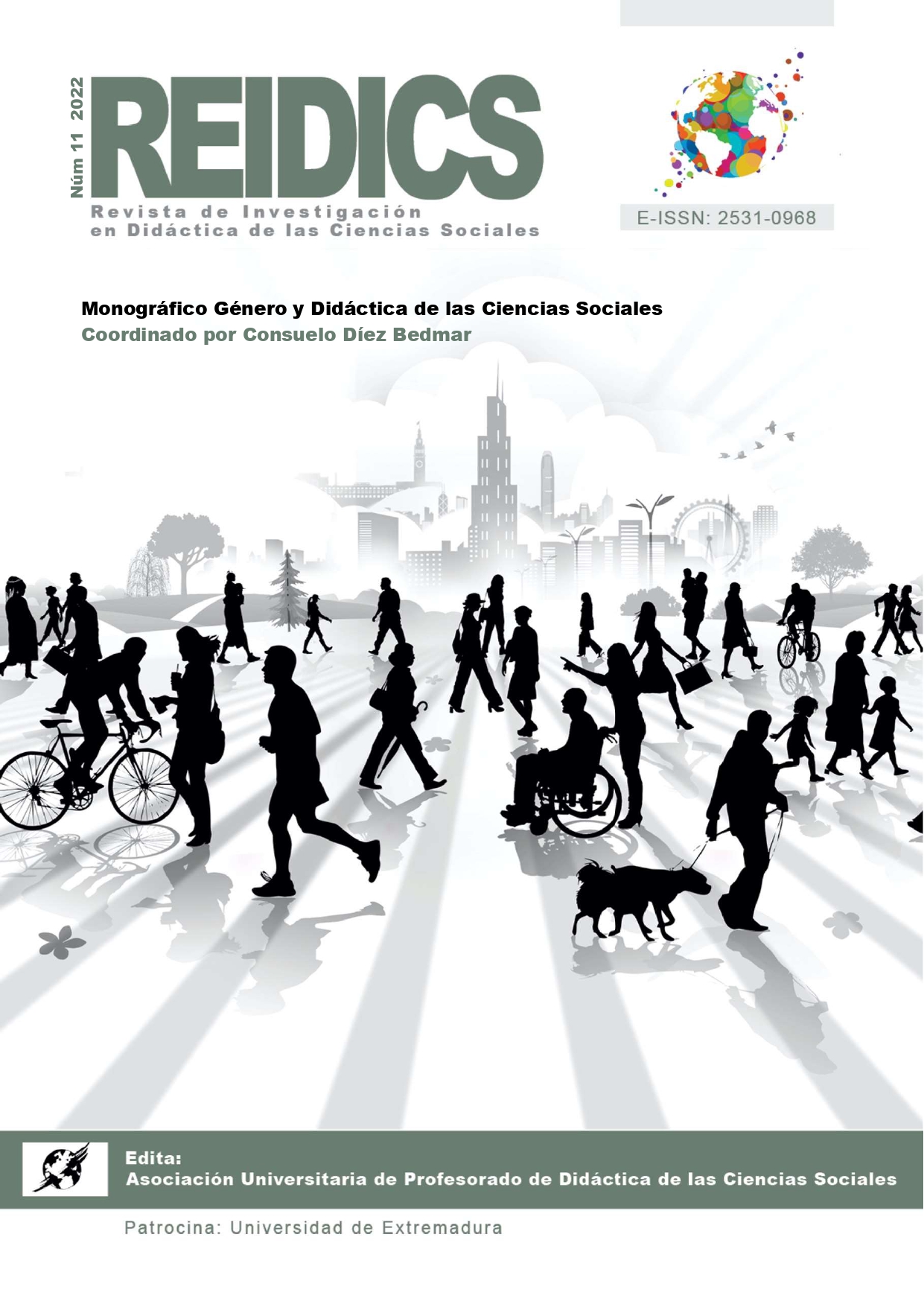The role of autobiographical narratives in the historical understanding of the subject and his community
DOI:
https://doi.org/10.17398/2531-0968.11.118Keywords:
didactics of Social Science, autobiographies, historical consciousness, historical culture, citizen educationAbstract
This article collects the results of an interventional research regarding the educational possibilities and obstacles that arose after the implementation in the classroom of a teaching and learning sequence that sought to link the historical narratives with the autobiographical fragments of young people around the Civil Military Dictatorship. in Chile (1973-1990). This qualitative research acquired the methodology of content analysis in thirteen stories written by high school students in a paid private school in Santiago de Chile. The results show that the student group elaborated narratives with different structures according to the temporal context. Thus, the autobiographical fragments acquire prominence in the present and future, since the students explained some personal ideas from conceptual quasi-characters (individualism) that were consolidated in the Chilean dictatorial context. Despite the above, the quasi-characters incorporated in the stories limited the spaces of freedom of the subjects and hindered, on some occasions, the incorporation of the individuality of the students. In addition, the presence of the past-present-future temporality allowed the autobiographical to be incorporated into a broader temporal context, characterized by negative judgments about the political conflict and by ways of acting as citizens restricted to individual spaces, preventing the encounter with others. In conclusion, the links between the content and skills of historical thinking with autobiographical narratives are not natural, but complex to work in school and present challenges on how students can understand themselves historically.
Downloads
Published
Issue
Section
License
Aquellos autores/as que tengan publicaciones con esta revista, aceptan los términos siguientes:
- Los autores/as conservarán sus derechos de autoría y garantizarán a la revista el derecho de primera publicación de su obra, el cual estará simultáneamente sujeto a la Licencia de reconocimiento de Creative Commons 4.0 BY-NC-SA que permite a terceros compartir la obra siempre que se indique su autor y su primera publicación en esta revista.
- Los autores/as podrán adoptar otros acuerdos de licencia no exclusiva de distribución de la versión de la obra publicada (p. ej.: depositarla en un archivo telemático institucional o publicarla en un volumen monográfico) siempre que se indique la publicación inicial en esta revista.
- Se permite y recomienda a los autores/as difundir su obra a través de Internet (p. ej.: en archivos telemáticos institucionales o en su página web) antes y durante el proceso de envío, lo cual puede producir intercambios interesantes y aumentar las citas de la obra publicada. (Véase El efecto del acceso abierto).
- Los autores y autoras han respetado la política de autoría de esta revista.







